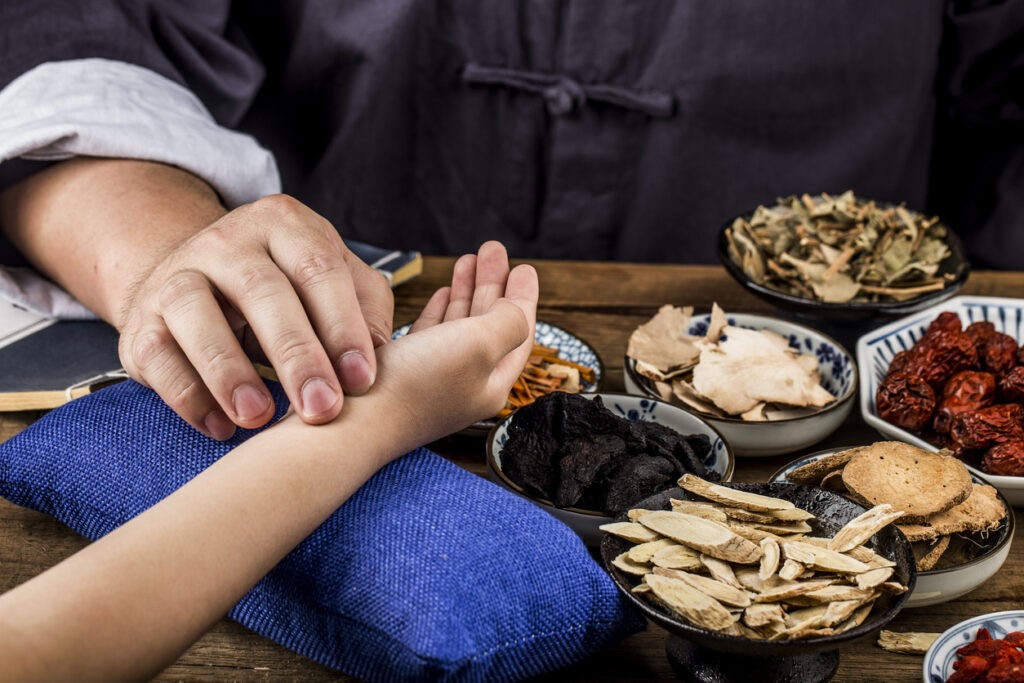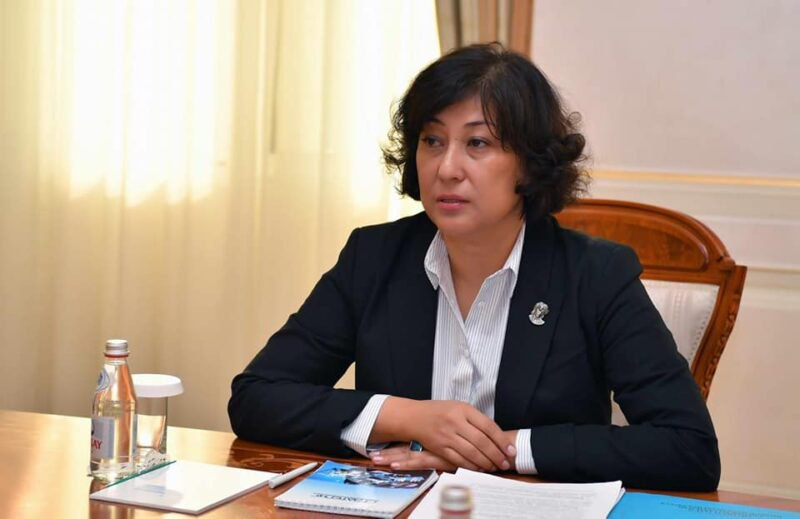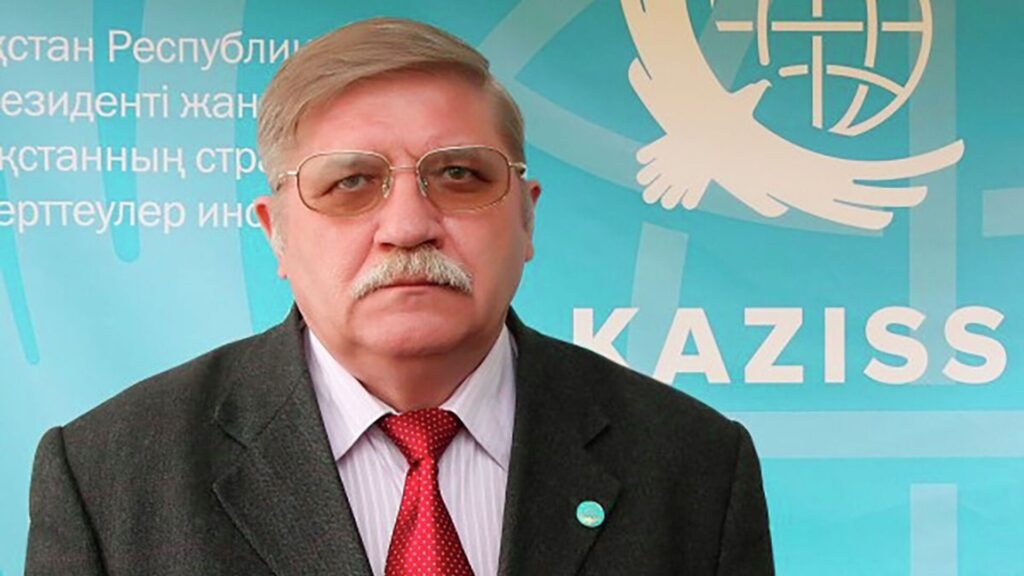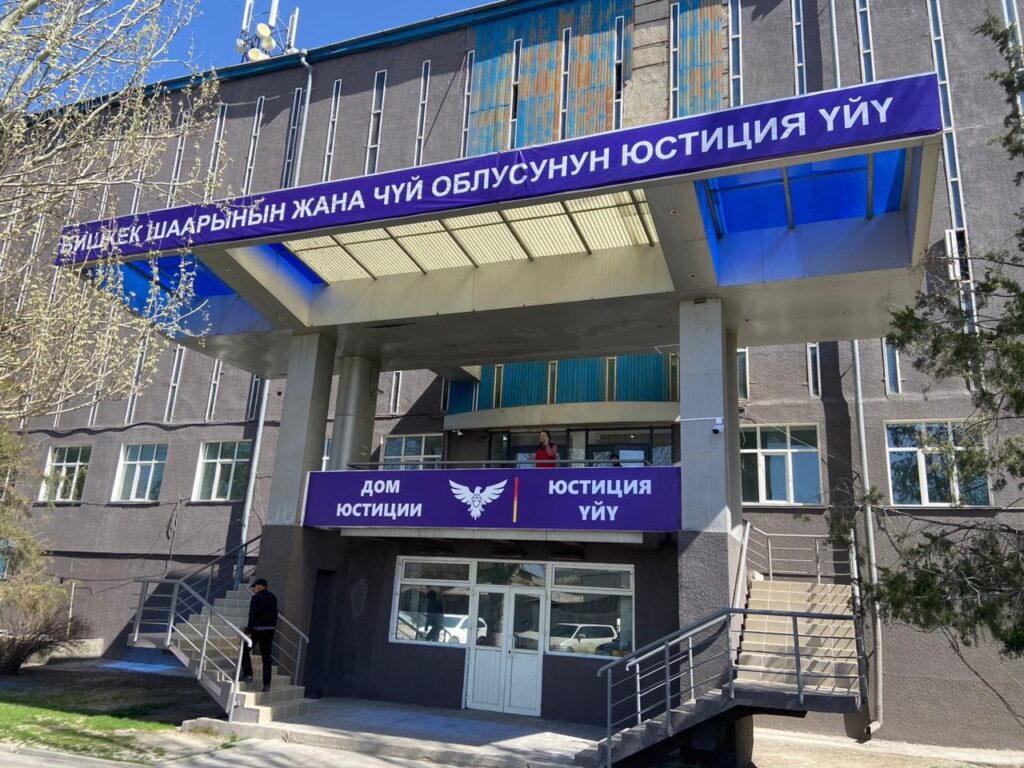Kyrgyzstan Seeks Legalization of Traditional Medicines and Practices
Kyrgyzstan's Health Ministry has devised an initiative to legalize traditional folk medicine. A draft decree of the Cabinet of Ministers on the procedure for training specialists has now been submitted for public discussion. Proposed by Minister of Health Alymkadyr Beishenaliev, the initiative concerns the study of traditional healing methods such as phytotherapy, massage, acupuncture, apitherapy, and hippotherapy, conducted through specialist training programs. He has also mooted the establishment of a research institute or Academy of Traditional Kyrgyz Medicine offering courses in theoretical and practical skills taught by professionals in the field, alongside the foundation of a dissertation council for the defense of academic degrees in the discipline. Central to the project, is the introduction of a budget for traditional medicine specialists, such as acupuncturists and physiotherapists, in all medical institutions of the country. There are also plans to open a research institute to test the efficacy of medicinal plants and conduct clinical trials. In addition, the Cabinet of Ministers has proposed the implementation of medicinal herb plantations for the subsequent production of related medical drugs. It is worth noting that in both several former Soviet Union and countries worldwide, traditional medicine has been legalized and integrated into state healthcare systems. For example, Russia and Belarus practice traditional treatments, including phytotherapy, acupuncture, alongside modern medical procedures. Traditional Chinese medicine is widely practiced in China, Japan, and Korea, and Ayurveda and Yunani are actively being developed in India. The World Health Organization also supports the development of traditional medicine by helping countries develop recognized international standards.






